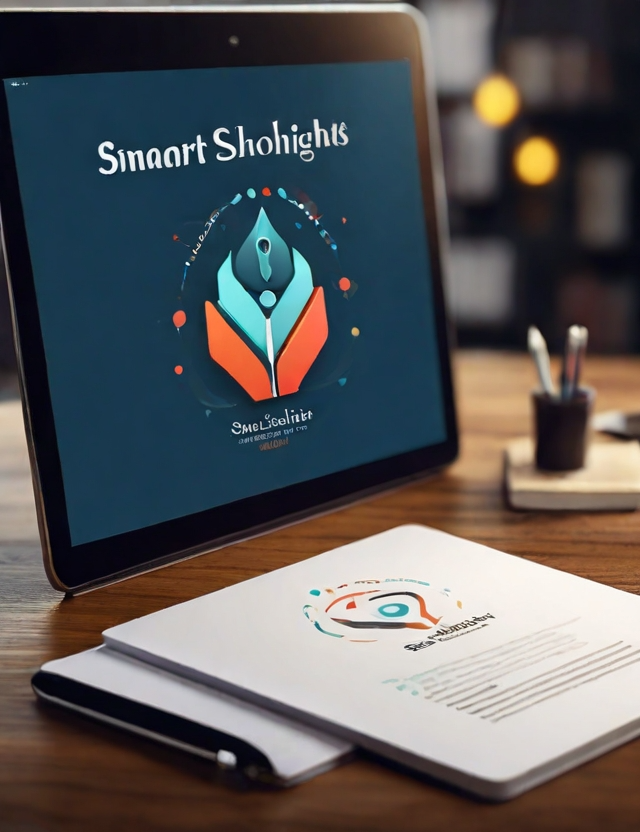Unraveling the Secrets of Academic Excellence: The Power of Effective Study Techniques
In the realm of academia, achieving excellence is not merely about the quantity of information absorbed but the quality of understanding attained. Effective study techniques serve as the catalyst for transforming raw knowledge into meaningful comprehension and application. In this essay, we will explore the significance of effective study techniques and elucidate a variety of strategies that can empower students to ascend the ladder of academic success.
Central to effective studying is the principle of active engagement with the material. Active learning entails dynamic interactions with the content, such as summarization, questioning, and problem-solving. By immersing oneself in the learning process, students cultivate a deeper understanding and develop critical thinking skills essential for navigating the complexities of academia.
A cornerstone of effective study techniques is spaced repetition, a method that harnesses the power of the spacing effect to enhance memory retention. By strategically spacing out study sessions over increasing intervals of time, students reinforce their understanding of key concepts and mitigate the risk of forgetting. This technique is particularly potent for long-term retention, making it indispensable for mastering intricate subjects and preparing for assessments.
In addition to spaced repetition, retrieval practice stands as a formidable tool for bolstering learning outcomes. Retrieval practice involves actively recalling information from memory through methods such as self-quizzing, flashcards, or practice tests. By repeatedly retrieving information, students solidify their memory retrieval pathways and enhance their ability to recall information when needed. Moreover, retrieval practice cultivates metacognitive awareness, enabling students to assess their understanding and identify areas requiring further review.
Effective note-taking is another pivotal study technique that facilitates the synthesis and retention of information. Whether through traditional handwritten notes or digital platforms, organized note-taking fosters comprehension and serves as a valuable reference during revision. Techniques like the Cornell method or concept mapping encourage active engagement with the material, fostering deeper understanding and retention.
Furthermore, creating an optimal study environment is essential for maximizing learning outcomes. Minimizing distractions, establishing a designated study space, and adhering to a structured study schedule foster concentration and productivity. Incorporating breaks, maintaining physical well-being, and practicing stress management techniques are equally vital for sustaining focus and cognitive function during study sessions.
In conclusion, effective study techniques are the linchpin of academic success. By embracing active learning, incorporating spaced repetition and retrieval practice, taking organized notes, and cultivating a conducive study environment, students can elevate their comprehension, retention, and application of knowledge. Moreover, fostering a growth mindset and persevering in the face of challenges are paramount for realizing one's full academic potential. Through consistent practice and the deliberate application of effective study techniques, students can embark on a transformative journey toward intellectual growth and achievement.


Comments
Post a Comment